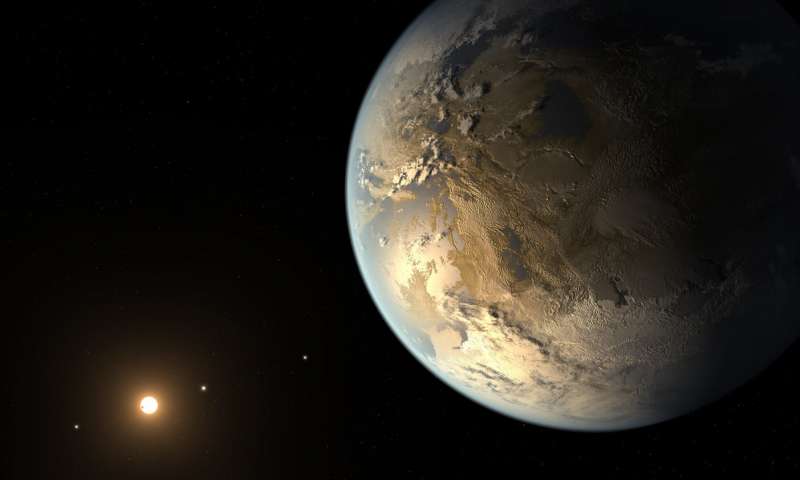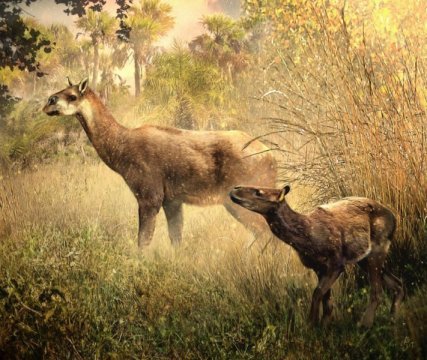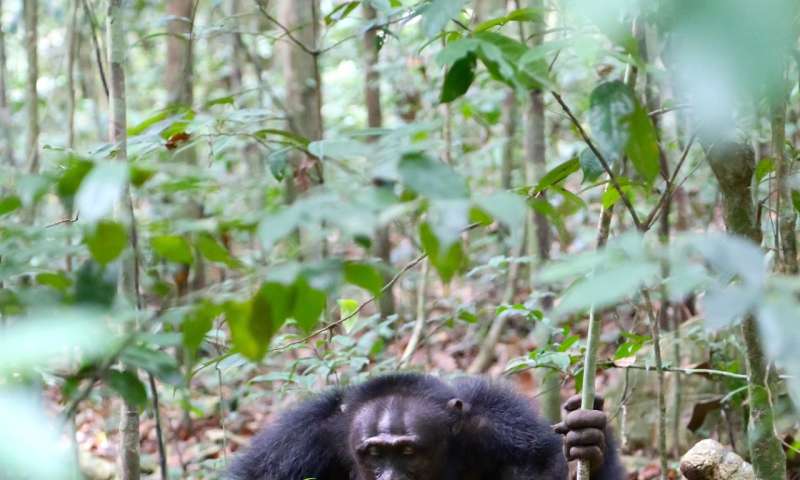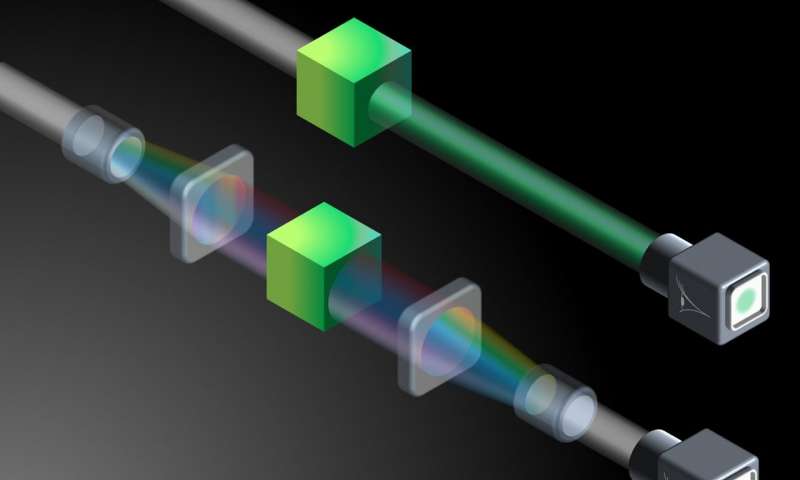Global surface area of rivers and streams is 45 percent higher than previously thought
Researchers from the University of North Carolina at Chapel Hill and Texas A&M University used satellite images, on-the-ground measurements and a statistical model to...
New insights bolster Einstein’s idea about how heat moves through solids
A discovery by scientists at the Department of Energy's Oak Ridge National Laboratory supports a century-old theory by Albert Einstein that explains how heat...
More clues that Earth-like exoplanets are indeed Earth-like
A new study from the Georgia Institute of Technology provides new clues indicating that an exoplanet 500 light-years away is much like Earth.
Kepler-186f is...
Paleontologists ID two new Miocene mammals in Bolivia
Researchers at Case Western Reserve University and two other universities have discovered the 13-million-year-old fossils of a pair of new species of extinct hoofed...
Milky Way is rich in grease-like molecules
Our galaxy is rich in grease-like molecules, according to an Australian-Turkish team. Astronomers at the University of New South Wales in Sydney (UNSW), and...
Personalized ‘deep learning’ equips robots for autism therapy
Children with autism spectrum conditions often have trouble recognizing the emotional states of people around them -- distinguishing a happy face from a fearful...
`Oumuamua gets a boost
`Oumuamua -- the first interstellar object discovered within our Solar System -- has been the subject of intense scrutiny since its discovery in October...
Chimpanzees start using a new tool-use gesture during an alpha male take over
Similar to humans, non-human primates combine gestures, facial expressions, and vocalizations in various ways to communicate effectively. Researchers of the Max Planck Institute for...
Spectral cloaking could make objects invisible under realistic conditions
Researchers and engineers have long sought ways to conceal objects by manipulating how light interacts with them. A new study offers the first demonstration...
First malaria-human contact mapped with Nobel Prize-winning technology
Melbourne scientists have taken a significant step toward developing a new vaccine for malaria, revealing for the first time an 'atomic-scale' blueprint of how...
Research identifies barley beer in Bronze Age Mesopotamian drinking vessels
People living some 3500 years ago in Mesopotamia, which now is modern-day Iraq, enjoyed a pint as much as we do today.
A paper published...















